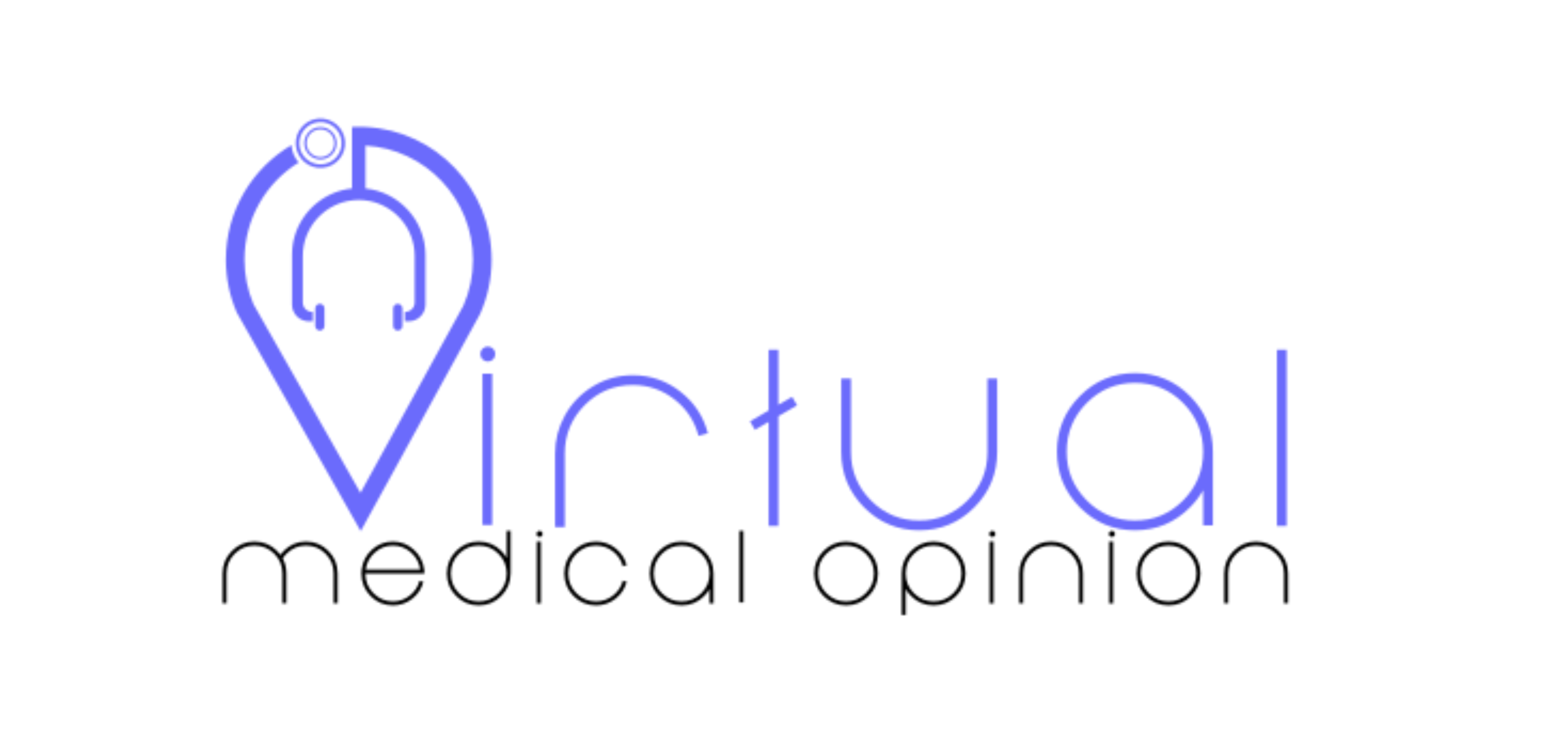Insomnia is a condition that describes difficulty with sleep. This condition can include difficulty falling asleep, problems staying asleep, frequently awakening at night (fragmented sleep), and/or awakening early in the morning. This trouble sleeping results in feeling unrefreshed during the day and difficulty with daytime function including completing valued daily activities.
Risk factors:
Insomnia is common. It affects women more often than men. You can get it at any age, but older adults are more likely to have it. You are also at higher risk of insomnia if you
- Have a lot of stress
- Are depressed or have other emotional distress, such as divorce or death of a spouse
- Have a lower income
- Work at night or have frequent major shifts in your work hours
- Travel long distances with time changes
- Have an inactive lifestyle
Symptoms
- Difficulty falling asleep at night
- Waking up during the night
- Waking up too early
- Not feeling well-rested after a night's sleep
- Daytime tiredness or sleepiness
- Irritability, depression or anxiety
- Difficulty paying attention, focusing on tasks or remembering
- Increased errors or accidents
- Ongoing worries about sleep
When to see a doctor?
If insomnia makes it hard for you to function during the day, see your doctor to identify the cause of your sleep problem and how it can be treated. If your doctor thinks you could have a sleep disorder, you might be referred to a sleep center for special testing.
نیند نہ آنا (انسومنیا)
انسومنیا ایک ایسی حالت ہے جو نیند میں دشواری کو بیان کرتی ہے۔ اس حالت میں نیند آنے میں دشواری ، سوتے رہنے میں دشواری ، رات کو اکثر بیدار ہونا (بکھری نیند) ، اور / یا صبح سویرے بیدار ہونا شامل ہیں۔ اس دشوار نیند کے نتیے میں دن میں تازہ دم رہنے میں دشواری ہوتی ہے، جسکی وجہ سے روز مرہ کی سرگرمیاں تکمیل کرنا مشکل ہو جاتا ہے۔
خطرے کے عوامل
انسومنیاعام ہے۔ یہ مردوں سے زیادہ خواتین کو کثرت سے متاثر کرتا ہے۔ آپ کسی بھی عمر میں اس سے متاثر ہو سکتے ہیں ، لیکن بزرگ افراد میں اس کے ہونے کا امکان زیادہ ہوتا ہے۔ مندرجہ ذیل صورتوں میں بےخوابی کے امکانات بڑھ جاتے ہیں ۔:
بہت زیادہ دباؤ ہونا۔
افسردگی یا دوسری جذباتی تکالیف جیسے کہ طلاق وغیرہ
آمدنی میں کمی
رات کے وقت کام کرنا یا کام کے اوقات میں بار بار بڑی تبدیلی واقع ہونا۔
لمبی مسافت جسکی وجہ سے اوقات میں تبدیلی آئے
غیر فعال طرز زندگ
علامات
رات کو نیند آنے میں دشواری
رات کے وقت جاگنا
بہت جلدی جاگنا
رات کی نیند کے بعد آرام محسوس نہیں کرنا
دن کے وقت تھکاوٹ یا نیند آنا
چڑچڑاپن ، افسردگی یا اضطراب
دھیان دینے ، کاموں پر توجہ دینے یا یاد رکھنے میں دشواری
نیند نہ آنے کی وجہ سے پریشان رہنا۔
ڈاکٹر سے کب ملنا ہے
اگر انسومنیا کی وجہ سے آپ کے لئے دن میں کام کرنا مشکل بناتا ہے تو اپنے ڈاکٹر سے رجوع کرکے آپ اپنی نیند کی دشواری کی وجہ شناخت کریں اور اس کا علاج معلوم کریں۔ اگر آپ کا ڈاکٹر یہ سمجھتا ہے کہ آپ کو نیند کی خرابی ہے تو ، آپ کو خصوصی معائنے کے لئے نیند کے مرکز میں بھیجا جاسکتا ہے۔
Doctors to consult (Clinical Psychologist):
Dr. Rizwana Siddiqui Zahid, Dr. Aatir Hanif
Note: Click the Doctor's name to make an appointment.
Reference:
https://medlineplus.gov/insomnia.html
https://www.thoracic.org/patients/patient-resources/resources/insomnia.pdf
https://www.mayoclinic.org/diseases-conditions/insomnia/symptoms-causes/syc-20355167

